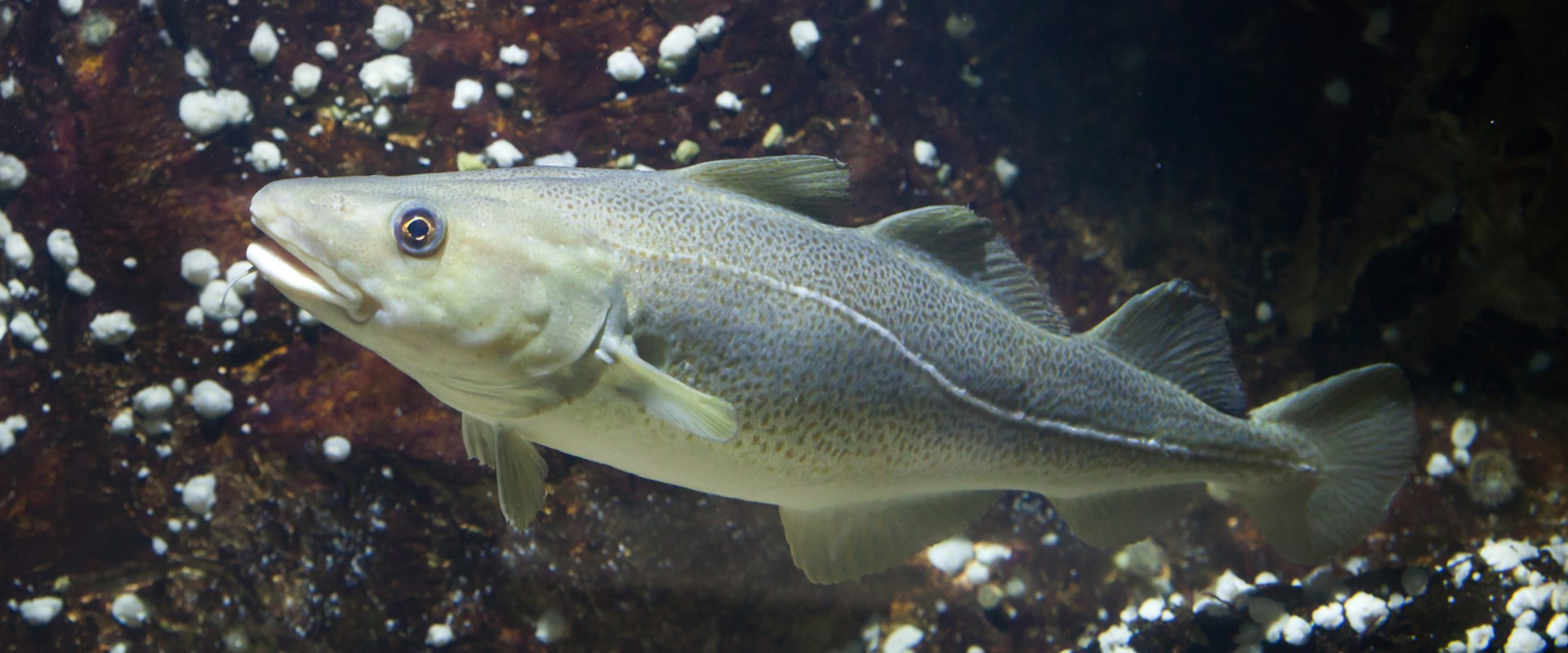Cod, with their distinctive white flesh and mild flavor, have long been prized as a culinary delicacy and a vital part of marine ecosystems. These iconic fish inhabit the cold, northern waters of the Atlantic and Pacific oceans, playing crucial roles in the food web.
Cod Biology and Life Cycle
Cod belong to the family Gadidae, which also includes haddock, pollock, and hake. They are demersal fish, meaning they live near the bottom of the ocean. Cod have a distinctive elongated body, a large, gaping mouth, and three dorsal fins.
Cod have a complex life cycle. They spawn in large aggregations, releasing millions of eggs into the water column. The eggs hatch into larvae, which drift with the currents. As they grow, the larvae transform into juveniles, which begin to feed on small invertebrates. Juveniles eventually settle to the bottom of the ocean, where they continue to grow and mature.
Cod in Marine Ecosystems
Cod are keystone species in marine ecosystems, meaning they play a critical role in maintaining the health and balance of the ecosystem. They are predators, feeding on a variety of prey, including smaller fish, crustaceans, and squid. Cod are also prey for larger fish, such as seals, seabirds, and sharks.
Cod populations can have significant impacts on their habitats. Overfishing of cod can lead to trophic cascades, where the loss of cod can disrupt the entire food web.
Cod and Human History
Cod have been a valuable food source for humans for centuries. They were a staple in the diets of European settlers in North America, and their fishing industry played a crucial role in the development of many coastal communities.
The cod fishery has faced significant challenges in recent decades due to overfishing, habitat loss, and climate change. Sustainable fishing practices are essential to ensure the long-term viability of cod populations.
Cod Conservation
Conservation efforts are focused on reducing overfishing, protecting cod habitats, and restoring degraded ecosystems. International agreements, such as the North Atlantic Fisheries Organization (NAFO), play a crucial role in managing cod fisheries.
By understanding the biology, ecology, and cultural significance of cod, we can appreciate their importance and support efforts to protect these valuable marine resources.
